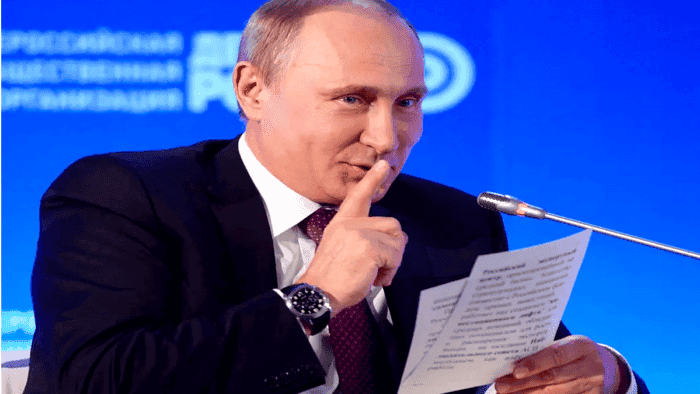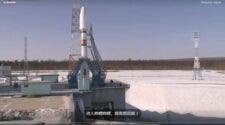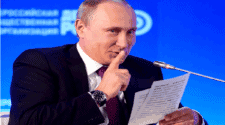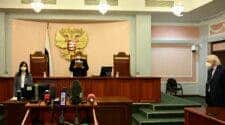According to Taiwanese media “Economic Daily”, citing a report from India’s “Economic Times”, Russia has restricted the export of inert gases such as helium and neon. This restriction is mainly for companies that use these gases for chip production. Since Russia and Ukraine are collectively one of the largest exporters of helium and neon gasses, this is a problem. For helium, the U.S. is by far the largest producer. Other large producers are Qatar, Algeria, and Russia. However, the U.S. is quite conservative with its natural resources. Thus, you can be sure that the U.S. will not just fill the vacuum that Russia will leave behind.
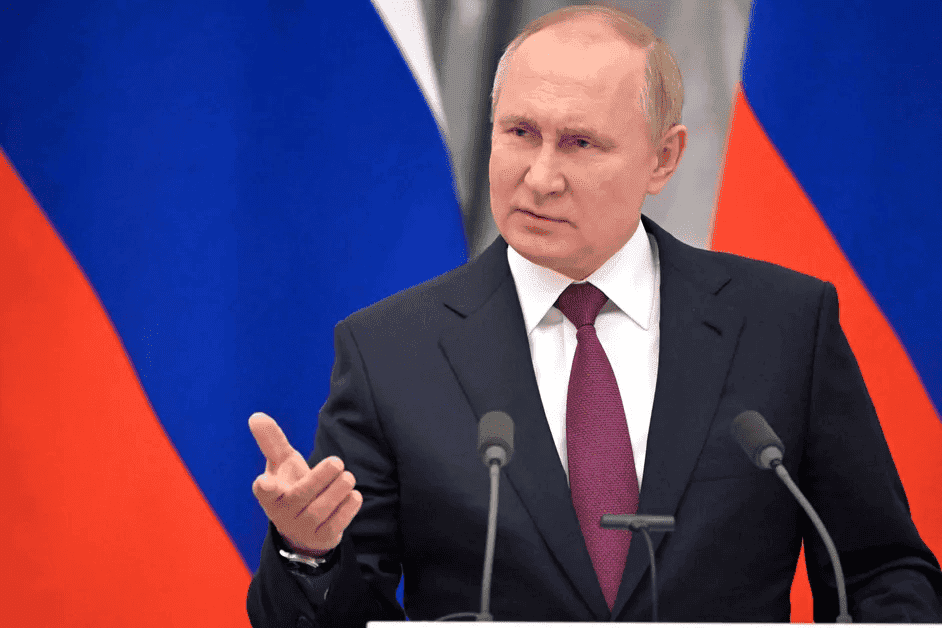
This means that the Russian ban will further exacerbate the problem of the global chip shortage. According to a Reuters report, the Russian government would require a special state permit to export these gases. This will run until December 31st this year. In the past, Russia has supplied Japan and many other countries with these gases.
According to the Russian cabinet, the export of relevant raw materials will be decided by the federal government. A report from India’s “Economic Times” pointed out that Russia intends to use its natural resources as bait. It will use the “exchange” to import semiconductors in exchange for these gas exports. However, there is no confirmation from the Russian Ministry of Industry and Trade with regards to exporting these gases. The situation is a bit complex now considering the previous agreement of the Russian cabinet.
Russia is probably responding to the previous tech ban
Russia’s Deputy Trade Minister Vasily Shpak, responding to a Reuters reporter’s query, said the move would provide an opportunity to “realign the now broken supply chains and create new ones”. However, India’s “Economic Times” believes that this measure is in retaliation for the previous international ban on the supply of related semiconductors required for the Russian production of microchips.
Taiwanese media “Economic Daily,” said that without Russia’s neon, argon, helium, and other gases, it may be more difficult for some countries to produce electronic products. Russia supplies 30% of the world’s neon gas. In April, the White House warned that chip makers had better decentralize their supply chains to prevent Russia from restricting some key raw materials needed to make chips in retaliation for technology sanctions imposed by Europe and the United States.
This is getting more interesting by the day and this is a major test for the U.S. The United States is the major nation against Russia and the world expects it to come up with a reaction to every action from Russia.

